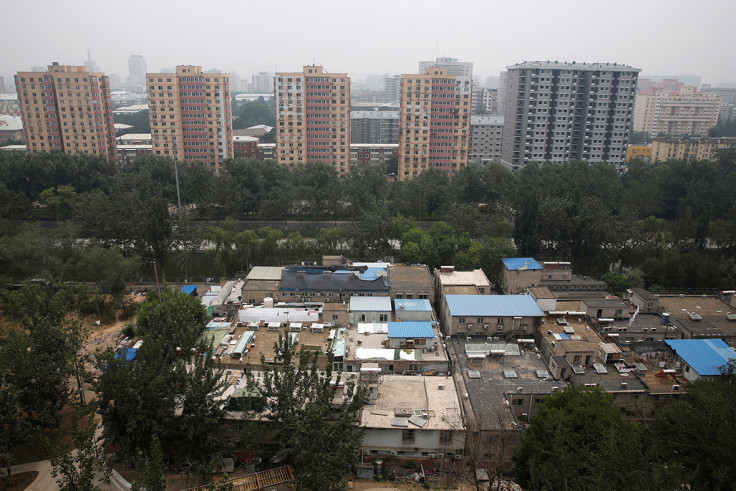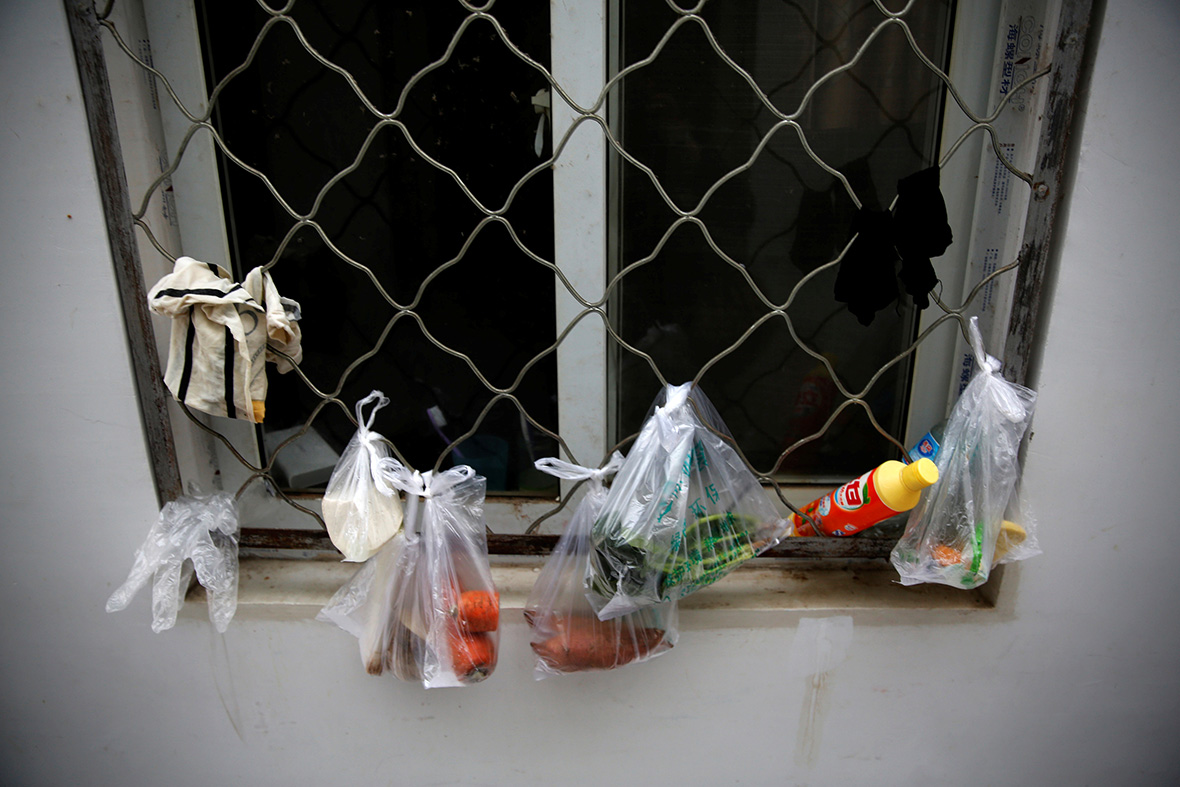'Cancer hotels' – sad symbols of crippling poverty and inequality in China
Patients often travel hundreds of miles to city hospitals, creating a wave of cancer 'refugees' often living on a shoestring.
In the shadow of one of Beijing's top cancer treatment and research centres, a cluster of ramshackle buildings houses patients who are unable to afford a hospital room. Known locally as "cancer hotels", similar temporary accommodation blocks have sprung up around hospitals in China, a reflection of the vast inequalities in the country's overburdened healthcare system.

Reuters photojournalist Kim Kyung-Hoon spent some time with the patients at one of these "cancer hotels" in Beijing. Patients often travel hundreds of miles to city hospitals because of poor facilities in their home regions, creating a wave of cancer "refugees" often living on a shoestring.



Wang, 42, was diagnosed with cervical cancer at the beginning of the year, and travelled more than 750km from her hometown in Inner Mongolia to see a specialist in the capital. "If you have some serious illness then you'd better go to Beijing," said her husband Liu, a migrant worker. "Good doctors don't want to work in small places."
A cheap train ticket for their 16-hour journey was 321 yuan (£37, $48). A room at the hotel sets them back about 70 yuan (£8) a night, half the price of a hospital bed. Their simple room, with a translucent shawl instead of a door, has a television and fan. They can also cook at the hotel.




The financial burden for Chinese patients with serious conditions like cancer can be overwhelming. Stories abound of patients or their relatives going to extremes to pay for care: turning to unapproved treatments or sleeping rough. Many people turn to friends, relatives or shadowy lenders to pay for travel and treatment. Many end up in queues outside hospitals paying ticket touts or doctors to speed things up.




Pan, 60, came to the Beijing cancer hotel with his wife, Huang, after she was diagnosed with rectal cancer. "The hardest part for us is the money," he said. "We are farmers, we have already spent over 270,000 yuan (£31,000) since 2013."
"Only half our costs can be covered by the medical insurance," said Pan. "We're not city folk who can borrow thousands of yuan at a time. Families in our area are poor. We have to borrow money for treatment."




State health insurance does reach nearly all of China's 1.4 billion people, but coverage is basic, meaning patients, on average, foot almost half the bill. That can rise much higher for chronic or complex diseases like cancer.
© Copyright IBTimes 2025. All rights reserved.






















